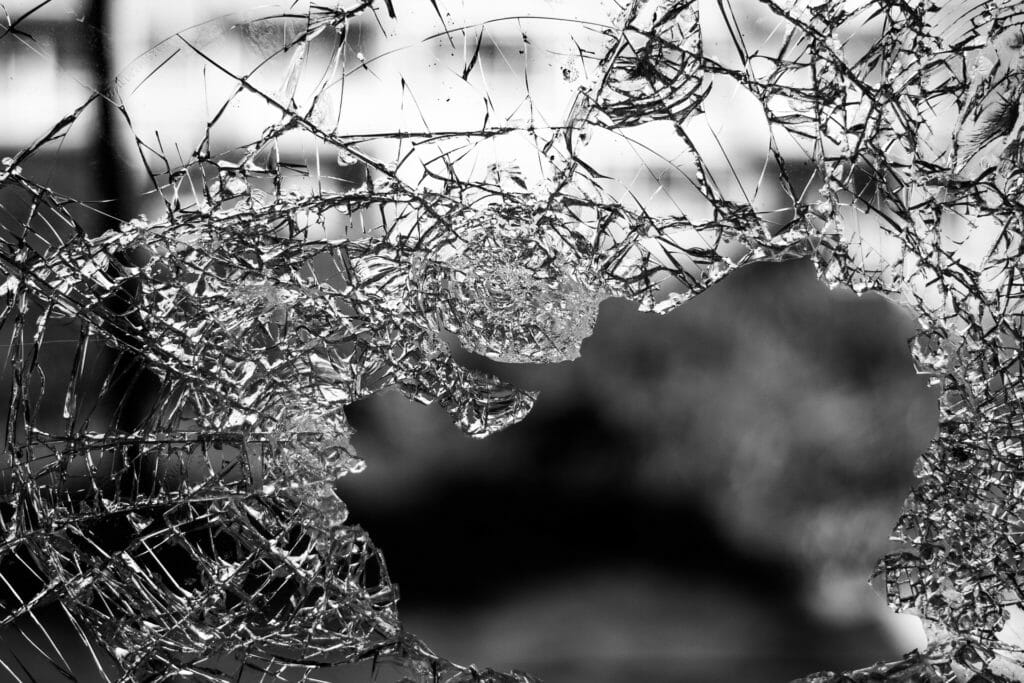I have no words that adequately capture my feelings of anger and dismay as I watch the ongoing assault against American democracy, justice and freedom that’s unfolding. And even if I had, they wouldn’t fit comfortably in a blog posted on a public university website. Yet we are a College of Global Futures, and so the one thing we surely cannot do is stay silent as those futures we aspire to come under threat.
Next week, like many of my colleagues, I’ll be starting to teach this semester’s courses. Both of my courses are focused on how we build more just, equitable and vibrant futures within an increasingly complex society. One looks at science and technology policy, and what it takes politically and institutionally to ensure the decisions we collectively make support a better future. The other grapples with responsible and ethical innovation in a socially and technologically complex world.
And I must confess that, at this point, I am struggling to know how I can teach either of these courses with any sense of hope.
Yet if we are serious about the societal value and validity of a college that is about empowering our students and others to be builders of a better future, we need to find that glimmer of hope that can keep us moving forward, no matter how hard it seems.
The author William Gibson is famously credited with saying “The future is already here — it’s just not very evenly distributed.” He was thinking about technological progress, and how it takes time for transformative advances to propagate through society. But the quote can also be taken in a completely different way: What if the future is a bleak dystopia of selfish power-grabbing, self-serving injustice, and blatant disdain for truth; and if you’re not experiencing it yet, it’s simply because the resulting pain and suffering are “just not very evenly distributed.”
Dark as this seems, it’s a vision of the future that we have to take seriously as we face the current turmoil in the US. And it’s incumbent on us to use our knowledge, our expertise, our aspirations, and our humanity, to seek out pathways through the darkness and to empower others to do the same.
As a College of Global Futures, I firmly believe that we need to ensure we are committed to opening up ways to more just, equitable and vibrant futures, and that these futures are available to everyone, not just a privileged few. But this means also coming to terms with the reality that the future is more than the planet we live on, or about developing advanced technological fixes to complex problems. It’s about us, and the generations that come after us.
We are the wildcards who define the future, who are integral to the process of designing and building it, and who have the capacity to gift a better future to others–or just as easily rob them of it.
And this is where, as we start this new semester, we must do better as current and prospective builders of the future: Better at understanding the pivotal roles of people, institutions and society writ large in creating more just, equitable and vibrant futures for all; better at translating academic pursuits into real-world impact; and better at empowering our students to become the designers, architects and builders of the future they aspire to.
It’s a challenge that can seem daunting in times like these. But it’s one that we cannot not rise to if we truly believe in more just, equitable and vibrant global futures for all.
